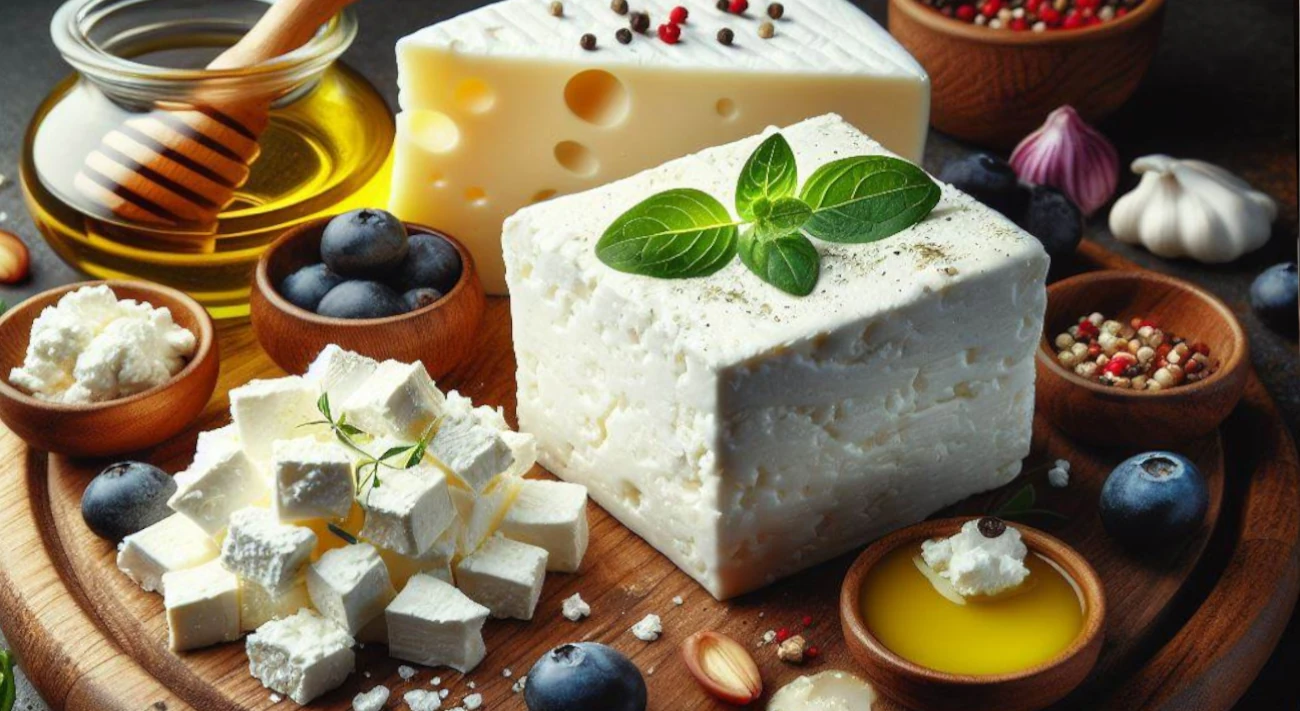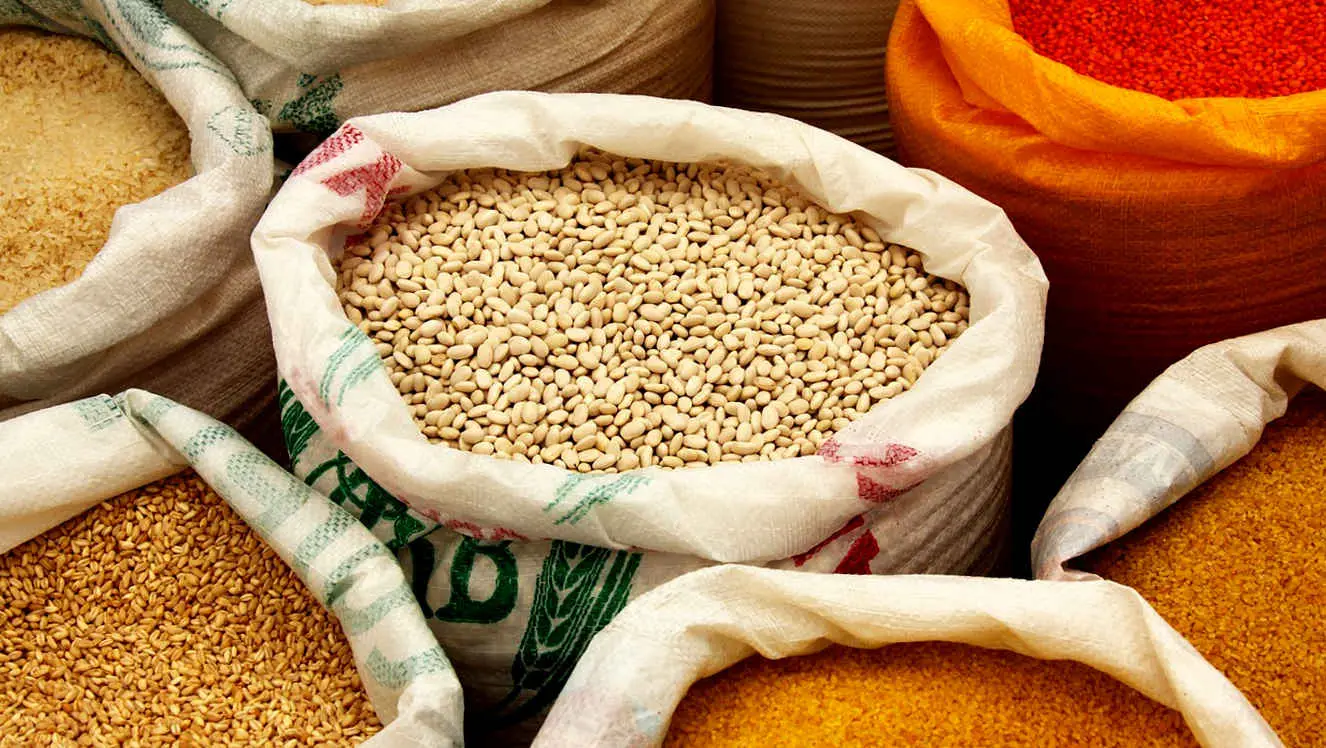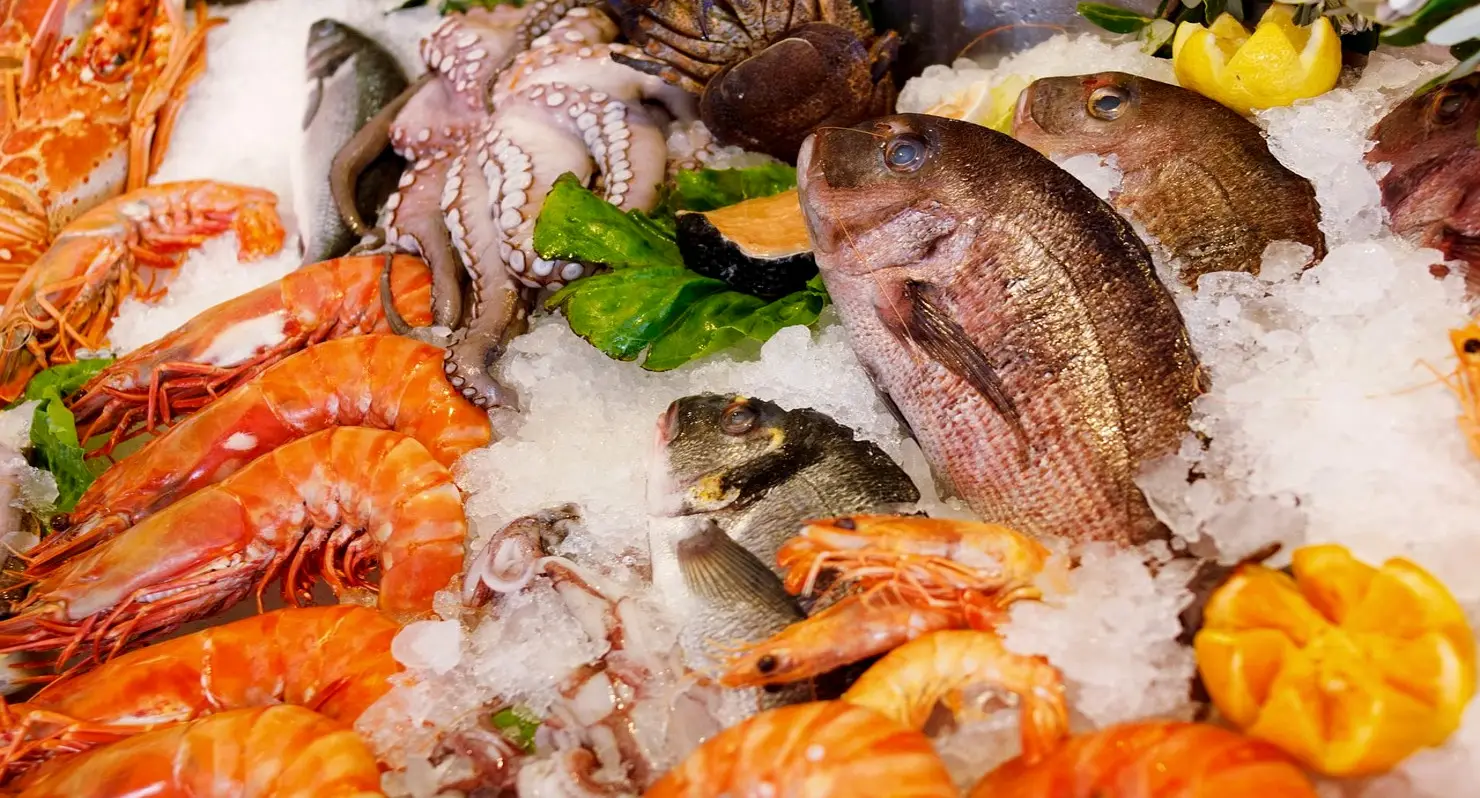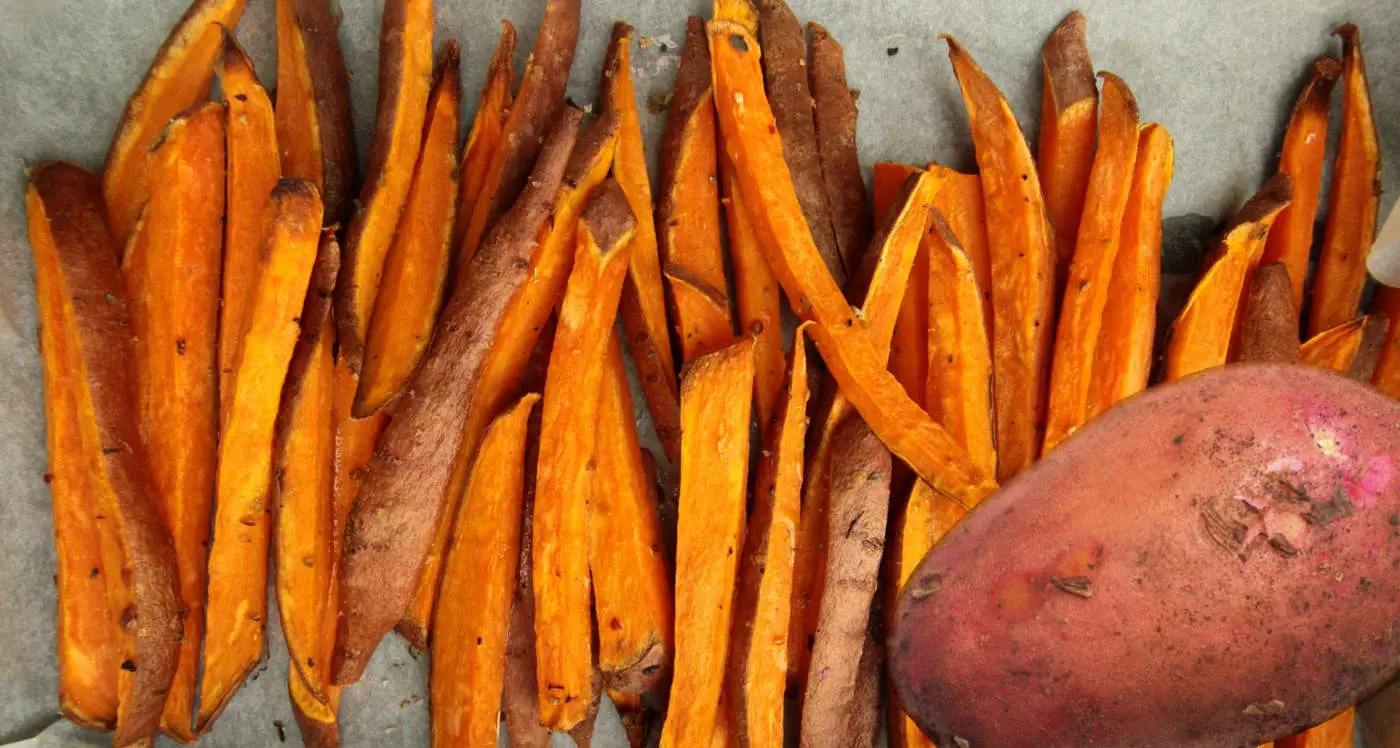Cottage Cheese, Lowfat 2% Lysine and Arginine Info Sheet
Overview
Cottage cheese, lowfat 2% is a type of cheese that is made from curdled milk and 2% milkfat. It has a soft, lumpy texture and a mild flavor. It is often eaten as a breakfast or snack, or used as an ingredient in salads, dips, or desserts.Cottage cheese, lowfat 2% is a rich source of protein, calcium, phosphorus, and vitamin B12.
It can help build muscle, strengthen bones, and support metabolism.
It is also low in lactose, making it suitable for people with lactose intolerance.
It is also lower in calories and fat than creamed cottage cheese, making it a better choice for weight management.
| Name | Lysine (mg/100g) | Arginine (mg/100g) | Ratio |
|---|---|---|---|
| Cottage Cheese, Lowfat 2% | 1111.5mg | 624.12mg | 1.78 |
Cottage Cheese, Lowfat 2% contains 1111.5mg of Lysine and 624.12mg of Arginine per 100g of product.
This means Cottage Cheese, Lowfat 2% has a high Lysine-Arginine ratio of 1.78.
Because Cottage Cheese, Lowfat 2% contains much higher levels of lysine than arginine, it is highly recommended for people who suffer from herpes, as it may prevent outbreaks.
Lysine Considerations
Lysine is an essential amino acid that is important for protein synthesis, collagen formation, and immune function.
Cottage cheese, lowfat 2% is a significant source of lysine, as it contains about 111% of the recommended daily intake per 100 grams.
It is one of the nine amino acids that the body cannot make by itself, so it has to come from the food we eat.
Lysine has different functions in the body, such as helping with growth, healing, energy, immunity, and collagen production.
Lysine may also have some effects on the herpes virus, which causes cold sores and genital sores.
Studies have suggested that taking lysine supplements or applying lysine cream may help prevent or treat these infections by blocking the amino acid arginine, which the virus needs to grow.
Arginine Considerations
Arginine is a semi-essential amino acid that is involved in nitric oxide production, wound healing, and blood vessel dilation.
Cottage cheese, lowfat 2% is also a significant source of arginine, as it contains about 62% of the recommended daily intake per 100 grams.
Arginine has multiple benefits for our wellbeing and performance, such as lowering blood pressure, enhancing wound healing, and increasing exercise endurance.
Arginine can also affect the herpes virus, which causes cold sores and genital herpes.
Studies suggest that arginine may help the virus grow and cause outbreaks, so people with herpes may want to avoid foods that are high in arginine or take lysine supplements to block its effects.
Lysine-Arginine Ratio
Cottage cheese, lowfat 2%, with a high lysine-arginine ratio of 1.780, contains nearly 1.8 times as much lysine as arginine, which may be beneficial for preventing or treating herpes simplex.
Cottage cheese and dairy in general is an excellent source of lysine with low arginine, which can help manage herpes outbreaks.
Lysine and arginine are both amino acids that are involved in protein synthesis and other metabolic processes.
That said, they have opposite effects on the herpes simplex virus, which causes cold sores and genital herpes.
Lysine can stunt the replication of the virus, while arginine can stimulate it.
Because of this, eating foods that have a high lysine-arginine ratio may help reduce the frequency and severity of herpes flare ups.
Some examples of foods that have a high lysine-arginine ratio are dairy, fish, poultry, fruits, and vegetables.
These foods can provide the body with enough lysine to block the availability of arginine by the virus, and thus prevent its growth and spread.
Dietary Considerations
Like other dairy products, cheese is a decent source of lysine and somewhat low in arginine.
Cheese can help boost the immune system and fight off herpes infections.
Cheese also contains calcium, protein, and vitamin B12, which are essential for overall health.
Parmesan, ricotta, cottage cheese, and cheddar cheese are some of the cheeses that have the most lysine compared to arginine.

For example:
Eating a balanced and nutritious diet that supports your immune system and reduces inflammation.
This means consuming plenty of fruits, vegetables, whole grains, lean protein, and healthy fats, and avoiding processed foods, added sugars, alcohol, and caffeine.
You may want to take l-lysine supplements.
L-lysine is known to prevent herpes outbreaks and it can help stop a cold sore in its initial stages by "starving" the virus of arginine before it has a chance to cause a cold sore.
Other food supplements, such as vitamin C, zinc, selenium, and antioxidants, can help you boost your immunity and protect your cells from oxidative stress.
To prevent outbreaks, avoid foods that can cause allergic reactions or sensitivities, such as gluten, dairy, nuts, eggs, or shellfish.
These foods can harm your immune system and make inflammation worse.
Check more food information






